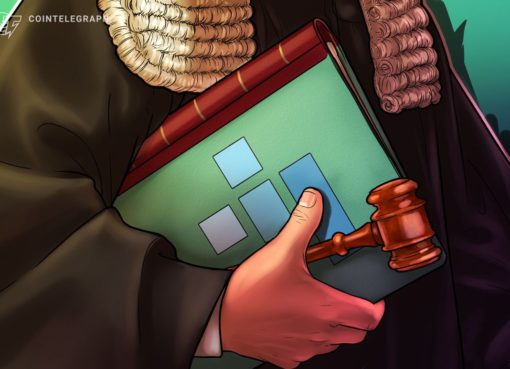The Trump Administration on Thursday revoked Harvard University’s certification to enroll international students, saying that thousands of current students must transfer or leave the country.
The move marks a dramatic escalation of the Administration’s battle with Harvard, threatening to impact a significant portion of the university’s student body and a key source of its revenue.
Roughly 27% of Harvard’s student body—about 6,800 students—come from outside the United States, a number that has grown steadily in the past decade, according to university enrollment data. Many of those students pay full tuition, contributing significantly to the university’s nearly $6 billion annual budget.
Read more: The Complicated History of Government Influence Over Universities
The decision stunned students, faculty, and higher education leaders across the country. In a statement to TIME, a Harvard spokesperson described the Trump Administration’s move as “unlawful” and wrote that the University is “fully committed” to enrolling international students.
“We are fully committed to maintaining Harvard’s ability to host our international students and scholars, who hail from more than 140 countries and enrich the University—and this nation—immeasurably,” said Harvard spokesperson Jason A. Newton. “We are working quickly to provide guidance and support to members of our community. This retaliatory action threatens serious harm to the Harvard community and our country, and undermines Harvard’s academic and research mission.”
Here’s what you should know about the Administration’s action.
What does the revocation mean?
The decision to revoke the certification, announced by the Department of Homeland Security in a letter delivered to the university and later shared publicly by Secretary Kristi Noem, immediately strips Harvard of its authorization under the Student and Exchange Visitor Program (SEVP). The revocation bars the university from admitting new international students and requires current foreign students to transfer to other institutions or face losing their legal status in the United States.
“I am writing to inform you that effective immediately, Harvard University’s Student and Exchange Visitor Program certification is revoked,” Noem wrote in the letter.
Why did the Administration revoke the certification?
In her letter, Noem cited Harvard’s failure to comply with requests for records, its use of diversity and inclusion policies, and its handling of pro-Palestinian protests on campus as the motivation for the Trump Administration’s action.
The Trump Administration has claimed that Harvard refused to turn over documents that Homeland Security says are related to potential “misconduct and other offenses” by foreign students. Noem also accused the university—without offering evidence—of fostering “an unsafe campus environment that is hostile to Jewish students, promotes pro-Hamas sympathies, and employs racist ‘diversity, equity, and inclusion’ policies,” as well as alleged coordination with the Chinese Communist Party.
“Consequences must follow to send a clear signal to Harvard and all universities that want to enjoy the privilege of enrolling foreign students, that the Trump administration will enforce the law and root out the evils of anti-Americanism and antisemitism in society and campuses,” Noem wrote.
The Administration’s decision adds to a growing list of federal penalties levied against Harvard, including the loss of billions in federal research funding and recent threats to strip the university of its tax-exempt status. Earlier this week, the Department of Health and Human Services said it would terminate $60 million in grants to the university.
A White House spokesperson told TIME on Thursday that “Harvard has turned their once-great institution into a hot-bed of anti-American, anti-Semitic, pro-terrorist agitators.”
“They have repeatedly failed to take action to address the widespread problems negatively impacting American students and now they must face the consequences of their actions,” said White House spokesperson Abigail Jackson. “Enrolling foreign students is a privilege, not a right.”
The battle between the Administration and Harvard comes as President Donald Trump has increasingly sought to assert control over elite universities, often framing his actions as part of a broader effort to eliminate what it characterizes as ideological bias and campus extremism. Critics, however, say the Administration is punishing academic institutions for political reasons and curbing the free exchange of ideas.
The Administration has separately moved to terminate the legal status of international students nationwide, including at Harvard. A federal judge on Thursday blocked it from doing so, ruling that the government can’t arrest, incarcerate, or move students elsewhere based on their legal status until another case on the matter is resolved.
Read more: What to Know About the Universities That Have Had Their Funding Targeted by the Trump Administration
What happens next?
The Department of Homeland Security has given Harvard 72 hours to turn over the requested records in order to regain certification. But even if the university complies, the timeline for reinstatement remains unclear, and many students are now scrambling to determine whether they must leave the country.
The move is also likely to prompt a legal challenge. Harvard previously filed suit against the Administration last month over federal attempts to dictate changes to its admissions and hiring practices.




